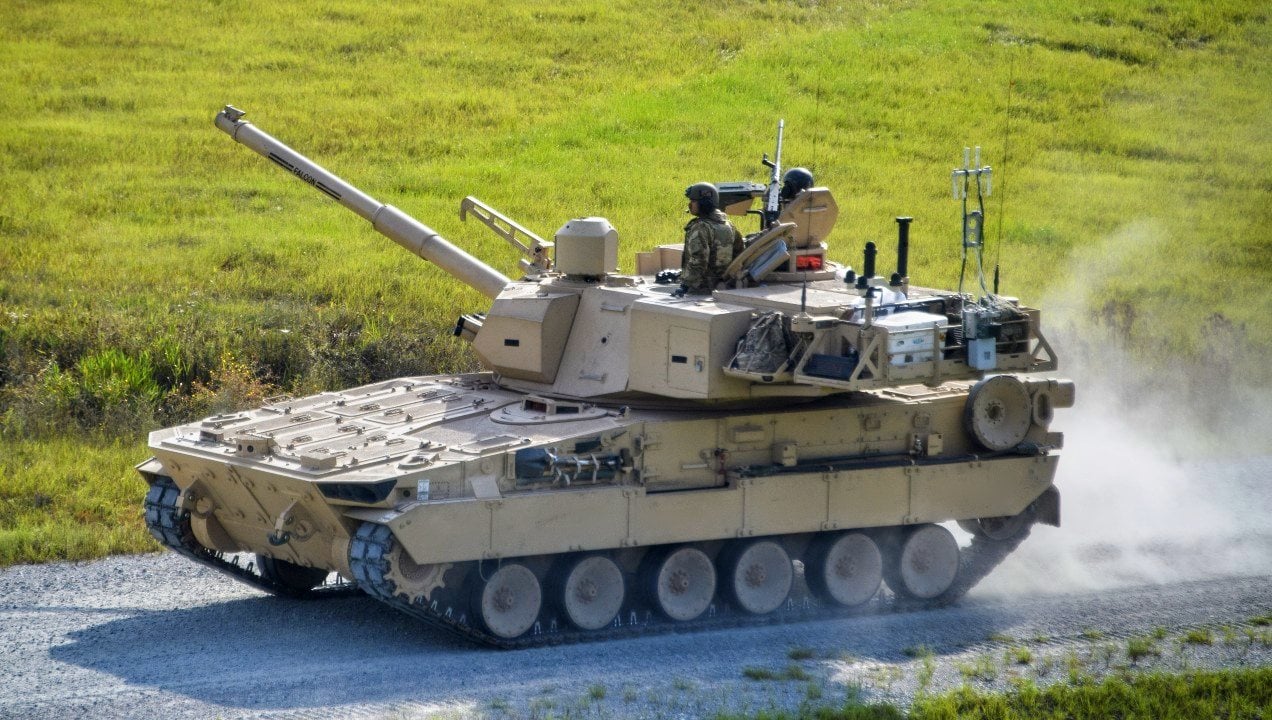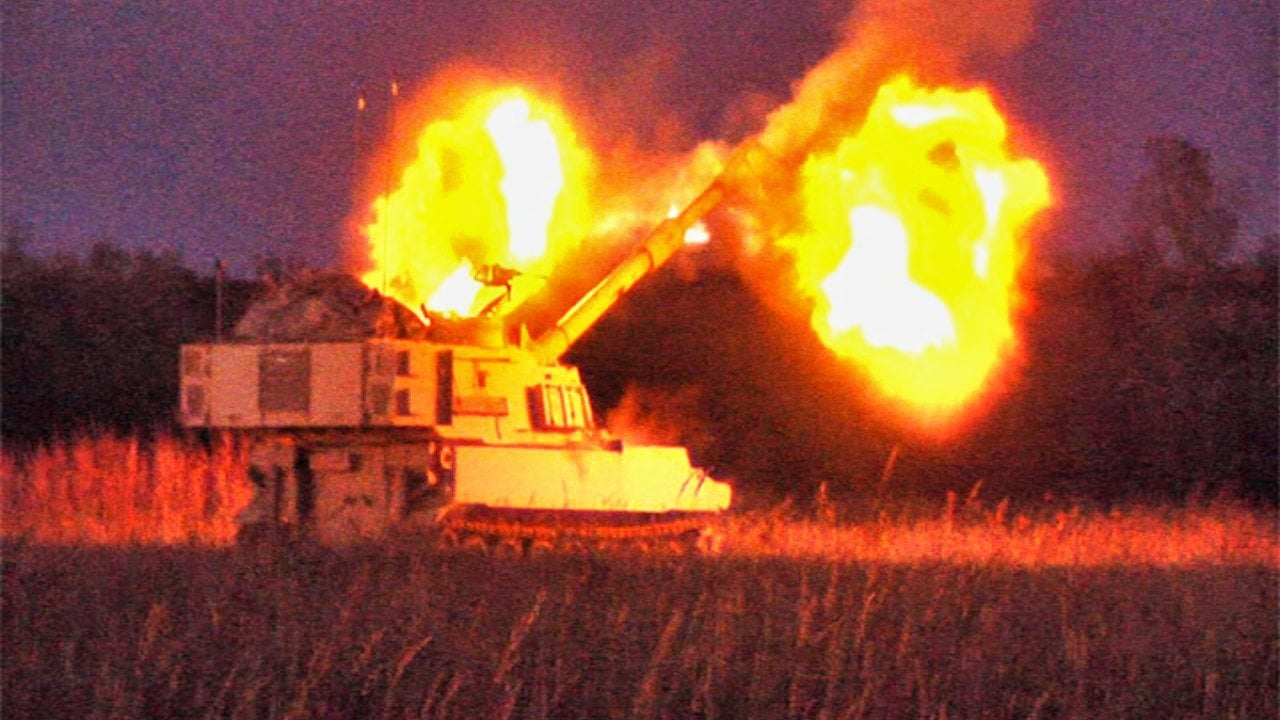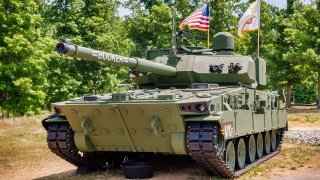M10 Booker is a Game-Changer for the U.S. Army's Combat Strategy
The U.S. Army's M10 Booker, previously known as the Mobile Protected Firepower system, is designed to address the Army's infantry brigade combat teams' need for a mobile, protected, direct offensive fire capability.
Summary: The U.S. Army's M10 Booker, previously known as the Mobile Protected Firepower system, is designed to address the Army's infantry brigade combat teams' need for a mobile, protected, direct offensive fire capability.

-Weighing around 42 tons, it is more deployable and faster than the M1 Abrams MBT, with a top speed of 40 mph and a range of 350 miles.
-Armed with a 105mm M35 main gun, it offers greater firepower than existing infantry fighting vehicles.
-The M10 Booker honors two fallen soldiers and is part of the Army's significant transformation efforts.
Meet the M10 Booker: The U.S. Army's New Lightweight Powerhouse
Russia’s ongoing invasion of Ukraine has emphasized the significance of armored vehicles and fighting vehicles in modern warfare. These armed combat systems provide troops with the capability to carry infantry into battle, break through enemy lines, and supply firepower, making them essential players in any conflict.
The U.S. Army has its eyes set on the M-10 Booker, formerly known as the Mobile Protected Firepower (MPF) system. According to a Congressional Research Service report updated this month, the new armored vehicle is expected to rectify an operational shortfall in the Army’s infantry units:
“Currently the Army’s Infantry Brigade Combat Teams (IBCT) do not have a combat vehicle assigned that is capable of providing mobile, protected, direct, offensive fire capability... The MPF solution is an integration of existing mature technologies and components that avoids development which would lengthen the program schedule.”

While many have designated the M10 Booker as an armored fighting vehicle, the unique system closely resembles a main battle tank. In fact, some analysts have referred to the Booker as a “light tank,” as it shares many capabilities with the M1A2 Abrams MBT. Both the Abrams and M10 Booker can carry a four-person crew, are fully tracked vehicles, possess 360-degree turrets, a large main gun, and other qualities that blend the two systems.
A Brief History of the M10 Booker
The M10 Booker was named to honor two American soldiers who died in battle. Private Robert D. Booker perished during the Tunisian campaign of the Second World War and was awarded the Medal of Honor. Staff Sergeant Stevon Booker was killed in the 2003 invasion of Iraq and was awarded the Distinguished Service Cross.
Back in 2017, the service first issued a request for a proposal for the engineering and manufacturing development phase of the armored vehicle.
One year later, manufacturers BAE Systems Land and Armaments and GDLS were selected by the Army to create pre-production vehicles. Ultimately, the Army awarded a whopping $1.14 billion contract to GDLS to produce the M10 Booker.
Why Does the Army Want the M10 Booker?
Weighing in at roughly forty-two tons, the Booker is approximately half the size of the Army’s M1 Abrams SEPv3 MBT. Since the Booker is smaller, it will be more quickly deployable. The vehicle’s smaller weight will also allow it to hit speeds of up to forty miles per hour and travel up to 350 miles without needing to refuel.
Additionally, the upcoming infantry vehicle will pack a serious punch. The M10 Booker is fitted with a 105mm M35 main gun, which is notably more powerful than the service’s existing M2/3 Bradley infantry fighting vehicle, which fields a 25mm cannon. The Booker’s smaller weight, faster speed, and better armament make it an extremely valuable addition to the Army.
Assistant Secretary of the U.S. Army for Acquisition, Logistics, and Technology Doug Bush explained that “The Army is undertaking its most significant transformation in several decades to dominate in large-scale combat operations in a multidomain environment, and the M10 Booker is a crucial part of that transformation,” noting that the Booker could bring a whole new level of protection and lethality to infantry forces.
About the Author: Maya Carlin
Maya Carlin, National Security Writer with The National Interest, is an analyst with the Center for Security Policy and a former Anna Sobol Levy Fellow at IDC Herzliya in Israel. She has by-lines in many publications, including The National Interest, Jerusalem Post, and Times of Israel. You can follow her on Twitter: @MayaCarlin.


